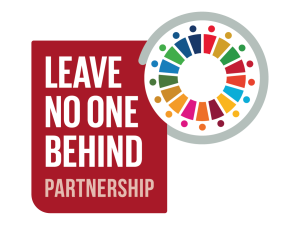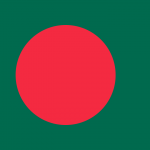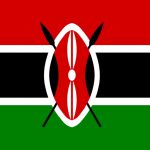At least 30 million marginalised people are living in Bangladesh. From the data currently available, it is apparent that the benefits of development are not evenly shared. Inclusion of marginalised people in the public services holds crucial importance for a holistic development.
LNOB Bangladesh conducted a study co-funded by the Bosch Foundation and titled, ‘Basic Public Services for the Marginalised Groups in Bangladesh: Understanding Accessibility, Quality & Satisfaction’ to understand the state of exclusion of the marginalised groups in terms of accessing education, health, social safety net, land/shelter and justice. Plus, to understand their satisfaction in receiving government services in terms of accessibility, transparency and accountability.
The study focused on four different respondent groups – Dalit, persons with disabilities, sex workers and third gender. Among these four respondent groups 2,000 people were surveyed covering all the administrative divisions in Bangladesh in order to understand the state of exclusion and other relevant information for the future strategy and policy formulation. To supplement the findings,16 focus group discussions (4 FGDs for each group) were conducted and reflected in the report.
The survey revealed a number of interesting findings ranging from income and expenditure situations to exposure to discriminatory behaviour. The insights and evidence drawn from the study will help to formulate relevant strategies and policies targeted towards marginalised population in Bangladesh aligned with the Sustainable Development Goals (SDGs).








